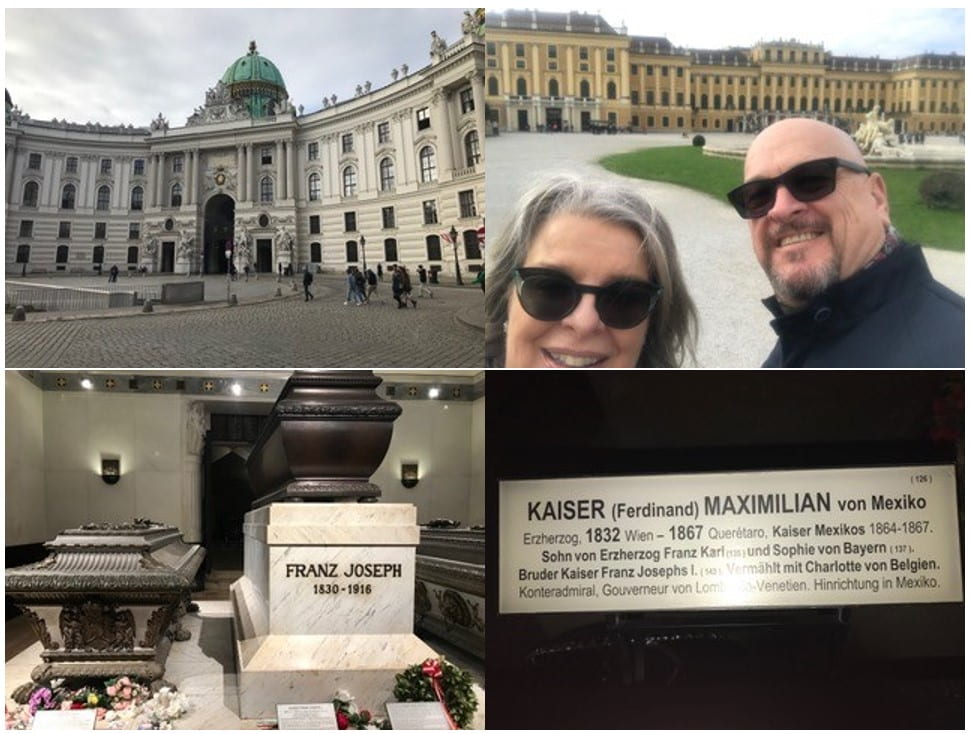The smell of dusty, old books full of history has always appealed to Vivien Cerolini, but it was some much newer stories, penned by her father, that provoked further study into European history at UNE.
Stumbling across the 40 short stories after Giuseppe’s death in 2016, Vivien knew each would be saturated with her father’s love of Italian history and literature with insights from his own lived experience.
After two years translating the Italian, she knew she needed to find out more about the periods of history that provided the backdrop to the stories of her family history.
What has been totally unexpected is that I have been able to link each unit of history to Dad’s stories. Identifying events, ideologies and personalities that influenced Dad’s stories has been the biggest highlight.
“Periods such as the Habsburg Empire, Italian Unification, Irredentism, Fascist Italy and Italian emigration were woven into Dad’s short stories, Vivien says. “I wanted to explore these at university level because I wanted expert guidance from scholars who could open my mind to new ways of thinking.”
From initial courses in family and local history studies, Vivien jumped into a Master of Arts to follow her history interests. Vivien’s wide explorations of the impacts of fascism, propaganda in children’s literature and education, multiethnic tensions and the rise and fall of Italian empires, gave her a new appreciation for her family’s history.
“What has been totally unexpected is that I have been able to link each unit of history to Dad’s stories. Identifying events, ideologies and personalities that influenced Dad’s stories has been the biggest highlight.”
Viewing Europe through the eyes of her father’s lived experience has given her regular travels to Europe new meaning. No longer content just to settle in to enjoy schnitzel, strudel and schnapps, Vivien’s most recent trip to Vienna was all about discovering the Habsburg related museums, monuments and mausoleums.
“Being ‘in situ’ so to speak, offers a more visceral method of learning,” Vivien reflects. “It reinforced the fact that history does not just exist in books but is evident in our surroundings, you just need to be open to it.
“I plan to complete a Master’s dissertation examining to what extent Dad’s recollections are authentic experiences of war and identity in the eastern confines of the Italian kingdom between 1939 to 1945.
“The study of history brings understanding to the table. Investigating cause and effects on society in the past helps give context to our present and our future.
Being ‘in situ’ offers a more visceral method of learning. It reinforced the fact that history does not just exist in books but is evident in our surroundings, you just need to be open to it.
“My studies have only spurred me on to learn more. You are never too old. I celebrated my 60th birthday this year and my experience at UNE has given me confidence to believe that I have something to offer the academic world if I choose to follow that path.
“A special mention to staff that have really supported me to continue and improve. Dr Richard Scully has been approachable, encouraging, interested and available at all times. His comments and teaching have been Invaluable. Dr Giulia Torello-Hill has also played an integral role in supporting my ideas for my dissertation. Her kindness, suggestions and support have been much appreciated.”



Recent Comments